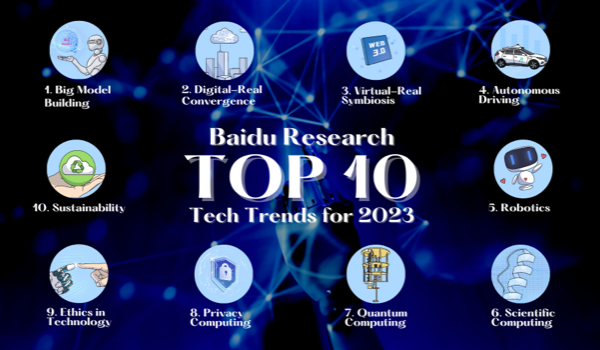


MILAN - Around the world, supply is struggling to keep up with demand. Inflation remains stubbornly high in many countries despite aggressive interest-rate hikes. The global workforce is aging rapidly, while labor shortages are ubiquitous and persistent.
These are just some of the forces behind the productivity challenge facing the global economy, and it is becoming increasingly clear that this challenge cannot be tackled without artificial intelligence (AI).
Over the last four decades, rapid emerging-economy growth brought a surge in productive capacity, which acted as a powerful supply-side disinflationary force. China in particular served as a robust engine of growth. Unfortunately, that emerging-economy growth engine has weakened substantially in recent years - China’s post-pandemic growth is well below potential and unlikely to rebound strongly in the coming years given the country’s aging and shrinking population.
Moreover, geopolitical tensions, pandemic-era shocks, and climate change are all disrupting global supply chains, and a combination of market incentives and new policy priorities - such as ‘de-risking’ and boosting resilience - are compelling governments to pursue the (very expensive) process of supply-chain diversification. Sovereign-debt levels are high and rising, meanwhile, reducing countries’ fiscal capacity to undertake growth-oriented public investment and destabilizing some vulnerable economies.
These are secular trends, meaning that they are likely to be persistent features of the global economy in the coming decade. Supply constraints and rising costs will subdue growth, while inflation will remain a persistent threat that requires higher interest rates, which will in turn raise the cost of capital. Increasingly urgent large-scale investments in the energy transition will be extremely difficult - economically, politically, and socially - to pursue, but without them climate-related di
The content herein is subject to copyright by Project Syndicate. All rights reserved. The content of the services is owned or licensed to The Yuan. The copying or storing of any content for anything other than personal use is expressly prohibited without prior written permission from The Yuan, or the copyright holder identified in the copyright notice contained in the content. Continue with Linkedin
Continue with Linkedin
 Continue with Google
Continue with Google










 842 views
842 views







